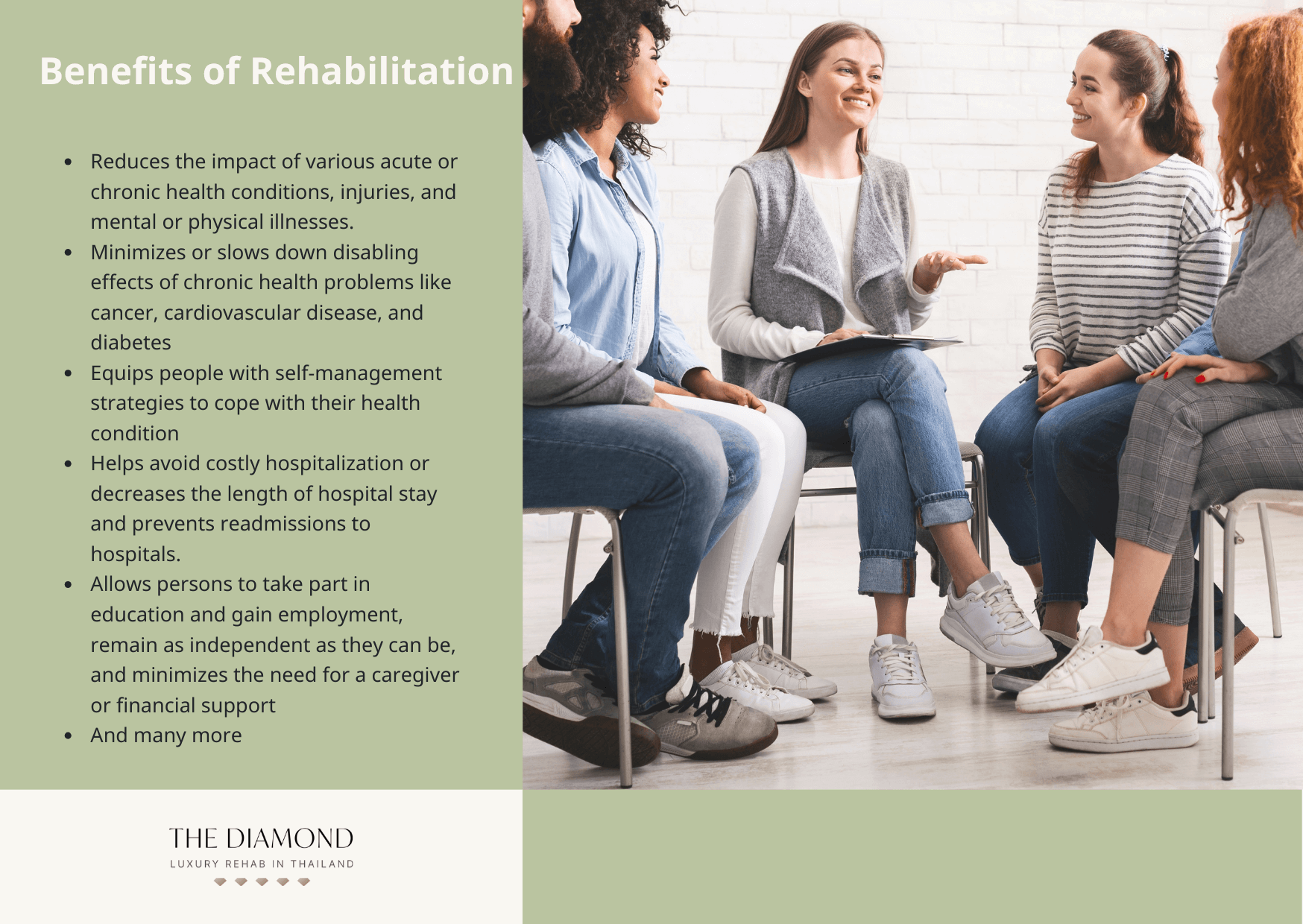Narconon Africa Things To Know Before You Get This
Narconon Africa Things To Know Before You Get This
Blog Article
The Only Guide for Narconon Africa
Table of ContentsThe Definitive Guide for Narconon AfricaThe 10-Minute Rule for Narconon AfricaNarconon Africa Things To Know Before You Get ThisThe Best Guide To Narconon AfricaNarconon Africa Can Be Fun For Everyone10 Simple Techniques For Narconon AfricaNarconon Africa Things To Know Before You Get This
In a series of documents with Manudeep Bhuller and Katrine V. Lken, we conquer these data difficulties and the nonrandomness of jail time, supplying brand-new insights into how incarceration influences relapse, work, kids, and criminal networks - Life skills training. Number 1 Our work studies the effects of imprisonment in Norway, a setting with two essential benefitsWe can further connect this information to various other member of the family, consisting of youngsters and siblings. We have information on co-offending that allows us to map out criminal networks for observed crimes. Second, we can utilize the random project of criminal instances to courts that vary in their propensities to send out accuseds to jail.
Some courts send accuseds to jail at a high price, while others are a lot more tolerant. We measure a judge's stringency as the average imprisonment rate for all various other cases a judge takes care of, after managing for court and year fixed impacts, which is the level of arbitrary assignment. This quasi-random job of court stringency can be used as a tool for incarceration, as it strongly predicts the judge's decision in the current situation, however is uncorrelated with other instance characteristics both by design and empirically.
What Does Narconon Africa Do?
Characteristics of detainees, including demographics and criminal offense groups, are extensively comparable in Norway and various other countries, consisting of the USA, with the exceptions that the US homicide rate is much greater, and race plays a larger duty there as well. What sticks out as various, particularly compared with the United States, is the prison system.
Figure 2In Norway, the average time invested in prison is a little over six months, which is similar to most other Western European countries. This contrasts with ordinary US prison time of almost three years, which remains in big component the reason the USA is an outlier in its imprisonment rate contrasted with the remainder of the globe [Figure 1]
What Does Narconon Africa Do?
This supplies far more splitting up between minor and hard bad guys than exists in the USA. There is no overcrowding in Norwegian prisons and much better individual safety and security, with each detainee being designated to their own cell and a greater inmate-to-staff proportion than in the United States (https://narcononafrica.bandcamp.com/album/narconon-africa). Jails in Norway additionally supply well-funded education, medicine therapy, mental health, and task training programs
Our research on the results of imprisonment on the transgressor, making use of the arbitrary task of courts as a tool, returns three crucial searchings for. Imprisonment discourages better criminal actions. We discover that incarceration lowers the chance that an individual will reoffend within five years by 27 percentage factors and minimizes the corresponding variety of criminal charges per individual by 10 fees.
Examine This Report about Narconon Africa
We discover large decreases in reoffending possibilities and collective charged criminal activities even after accuseds are launched from jail. Our 2nd outcome is that predisposition because of choice on unobservable individual features, if ignored, leads to the wrong verdict that time spent behind bars is criminogenic. If we just compare criminal defendants imprisoned versus those not sentenced, we discover favorable associations between incarceration and subsequent criminal activity.
This stands in contrast to our analysis based on the arbitrary job of judges, which finds an opposite-signed outcome. Third, the decrease in criminal offense is driven by people that were not working before imprisonment. Amongst these people, imprisonment raises involvement in programs guided at boosting employability and minimizing recidivism, and this inevitably raises work and revenues while dissuading criminal habits.

Jail time causes a 34 portion factor increase in involvement in task training programs for the formerly nonemployed, and within 5 years their work rate boosts by 40 percent factors. At the same time, the probability of reoffending within 5 years is reduced by 46 percent factors, and there is a decline of 22 in the average number of criminal costs.
Getting My Narconon Africa To Work

A plausible description for the difference is that Norway's prison system differs significantly, both in terms of prison-term length and prison problems, from the US prison system. While comprehending the impacts of imprisonment on the transgressor is a vital initial step, recording spillover effects is also crucial for reviewing criminal justice policy and try these out developing reliable jail systems.
The Main Principles Of Narconon Africa

Regular the very least squares estimates disclose that kids of incarcerated fathers are 1 percent factor more probable to be charged with a crime, loved one to a mean of 13 percent, and reveal no result on institution qualities. Using our court stringency instrument, we discover no analytical proof that a daddy's imprisonment affects a child's very own crime or school grades, however we are unable to dismiss modest-sized effects.
Some Known Questions About Narconon Africa.
We specify criminal teams based on network links to previous criminal situations. When a criminal network participant is jailed, their peers' likelihood of being charged with a future criminal activity decreases by 51 percent factors over the following 4 years - https://experiment.com/users/narcononza12.
Report this page